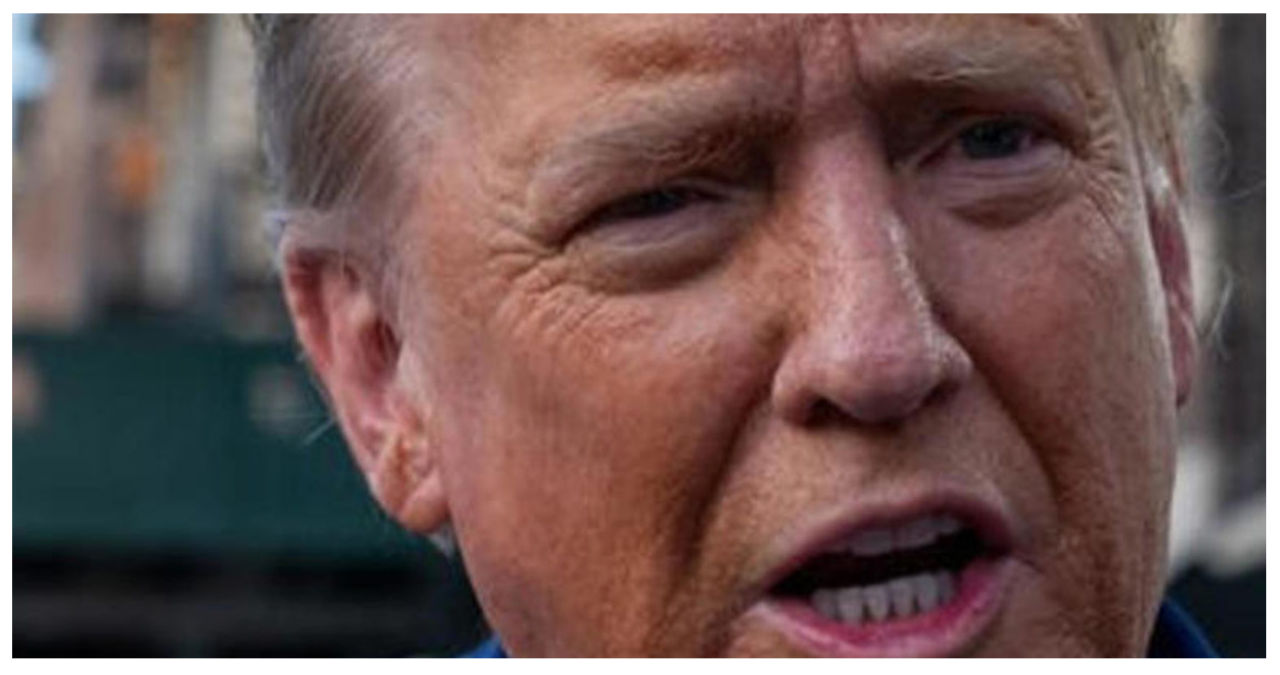Trump Media & Technology Group has notified the Nasdaq exchange about possible “potential market manipulation” affecting its stock, which trades under the ticker DJT, after the initials of former President Donald Trump. The company suspects that this manipulation is a result of short-selling activity.
Trump Media’s stock has had a rollercoaster ride since its debut on the Nasdaq exchange last month. The shares experienced a significant drop, losing two-thirds of their value from its initial peak. This plunge has resulted in a substantial loss of billions of dollars in value for the company. Trump Media’s primary asset, Truth Social, a social media service, is at the center of this fledgling media business.
According to a letter written by Devin Nunes, the CEO of Trump Media, on April 18, 2024, reports suggest that DJT was identified as the most expensive U.S. stock to short. This implies that brokers have a strong financial motivation to lend shares that do not actually exist.
Nunes requested that Nasdaq provide guidance on how they can promote transparency and compliance by ensuring that market makers are following the regulations that prohibit naked short selling.
On Friday, the shares of Trump Media surged by 9.6% or $3.19, reaching a price of $36.38.
The Securities and Exchange Commission and FINRA, the financial industry regulatory authority, are the agencies responsible for regulating naked short selling. FINRA oversees broker-dealers, who execute short sale trades on behalf of customers.
In a statement to CBS MoneyWatch, Nasdaq expressed their commitment to upholding the values of liquidity, transparency, and integrity in all their markets.
Short selling versus “naked” short selling
Short selling, which is legal, occurs when a trader borrows shares of a stock that they predict will lose value and then sells them on the market for cash. If the stock price drops, the trader purchases the stock at the discounted price and then returns the borrowed shares to the trading firm.
The short seller’s purpose is to buy the stock for a lower price than the borrowed shares and pocket the difference in value.
However, “naked” short selling, which is illegal in the United States if done purposefully, bypasses the phase when the trader borrows company shares, implying that the investor sells shares that they do not own. According to law firm Kohn, Kohn & Colapinto, naked shorts can result in significant stock price drops for a target company while also weakening market trust.
According to Ihor Dusaniwsky, managing director of predictive analytics at S3 Partners, there is a scarcity of available stock to borrow for short selling against Trump Media shares. Dusaniwsky mentioned that there has been an uptick in short selling this year, along with recent instances of short covering, which involves traders buying the stock to close out their positions.
According to him, it is difficult to determine from publicly available data whether there is any naked short selling taking place. This is because the “fail-to-deliver” data, which monitors instances where a trader fails to fulfill their contractual obligations, could be related to both long positions and short sales.

